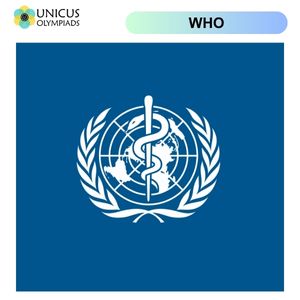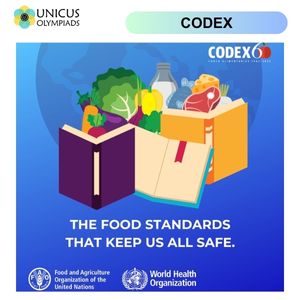

The World Health Organization (WHO) and Codex Alimentarius Commission (Codex) are two important global organizations that play significant roles in setting health standards, ensuring food safety, and promoting public health worldwide. While WHO is a specialized agency of the United Nations responsible for public health, Codex is an international body that provides guidelines and standards for food safety and trade. This article explores the roles, functions, and contributions of WHO and Codex in global health and food safety.
The World Health Organization (WHO) is a specialized agency of the United Nations (UN) that is responsible for directing and coordinating international health efforts. Founded in 1948, WHO is headquartered in Geneva, Switzerland, and it has regional offices around the world. The primary objective of WHO is to promote and protect global health, providing leadership on public health issues, setting health standards, and offering technical assistance to countries.

The Codex Alimentarius Commission (Codex) is an international body established by the United Nations Food and Agriculture Organization (FAO) and the World Health Organization (WHO). Codex develops international food safety standards, guidelines, and codes of practice to protect consumer health and ensure fair practices in the international food trade. It was founded in 1963 and is headquartered in Rome, Italy.

WHO and Codex work closely together to promote global food safety and health standards. As the leading global health authority, WHO provides scientific expertise and health guidance on food safety issues, while Codex works to develop practical, science-based standards and guidelines for food production and trade. Together, WHO and Codex play complementary roles in ensuring the safety and quality of the food supply worldwide.
WHO and Codex play a vital role in ensuring the safety, quality, and fairness of the global food supply. By setting international standards, providing scientific expertise, and promoting cooperation between countries, these organizations help protect public health and facilitate international trade. Their work ensures that food safety regulations are harmonized, helping to prevent foodborne illnesses, protect consumers, and support sustainable food systems.